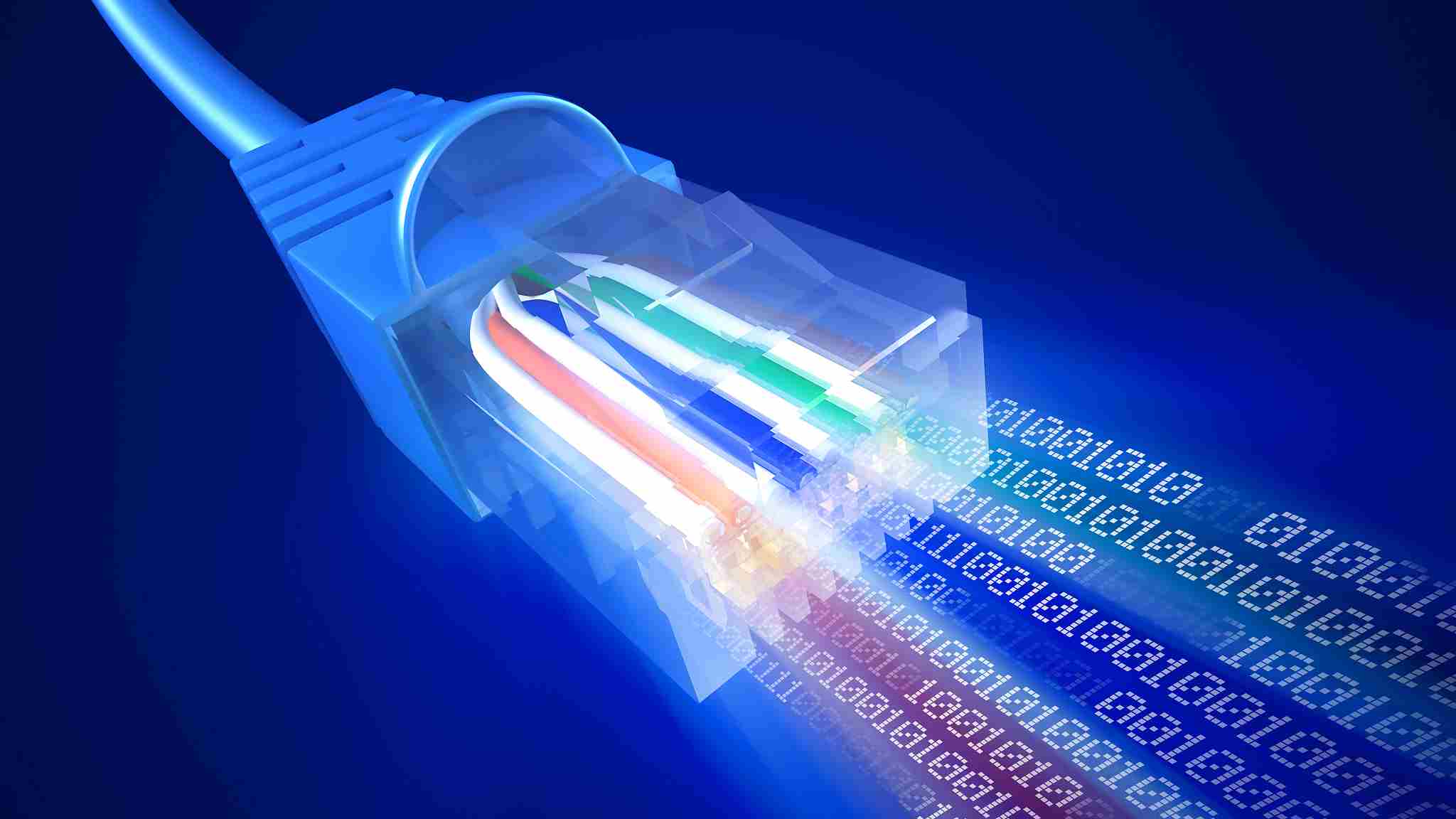
Tech & Sci
12:01, 25-Oct-2018
Latest light beam technology eyes 100-times-faster internet speeds: Aussie researchers
Updated
11:50, 28-Oct-2018
CGTN

Advanced technology harnessing unique features of light beams could carry more data and process more quickly, pointing to internet speeds that are 100 times faster than what connections now allow, according to a latest Australian-linked research.
Current broadband fiber optics carry information on pulses of light but the way the light is encoded at one end and processed at the other affects data speeds. The advanced nanophotonic devices being developed by researchers can read a special form of "twisted" light and forms the missing key to unlocking super-fast, ultra-broadband communications, RMIT University researcher Haoran Ren said in a statement on Wednesday.
"Present-day optical communications are heading towards a 'capacity crunch' as they fail to keep up with the ever-increasing demands of Big Data," said Ren, who co-led the report of the findings.
"What we've managed to do is accurately transmit data via light at its highest capacity in a way that will allow us to massively increase our bandwidth."

The nanophotonic device can encode more data and processes it much faster than conventional fiber optics by using a special form of "twisted" light. /VCG Photo
The nanophotonic device can encode more data and processes it much faster than conventional fiber optics by using a special form of "twisted" light. /VCG Photo
Current state-of-the-art fiber-optic communications, like those used in Australia's National Broadband Network, tap a fraction of light's actual capacity by carrying data on the color spectrum.
New broadband technologies being developed use the oscillation or shape of light waves to encode data, increasing bandwidth by also making use of light aspects that cannot be easily detected, according to the university.
The latest devices help carry data on light waves that have been "twisted" into a "spiral" to further increase their capacity, it said.
The new technology, reported in scientific journal Nature Communications, can also be used to receive advanced quantum information, with applications for a wide range of cutting-edge communications and computing research, said the university's Professor Min Gu.
"Our nano-electronic device will unlock the full potential of twisted light for future optical and quantum communications," said Gu.
(Cover: VCG Photo)
Source(s): Xinhua News Agency

SITEMAP
Copyright © 2018 CGTN. Beijing ICP prepared NO.16065310-3
Copyright © 2018 CGTN. Beijing ICP prepared NO.16065310-3